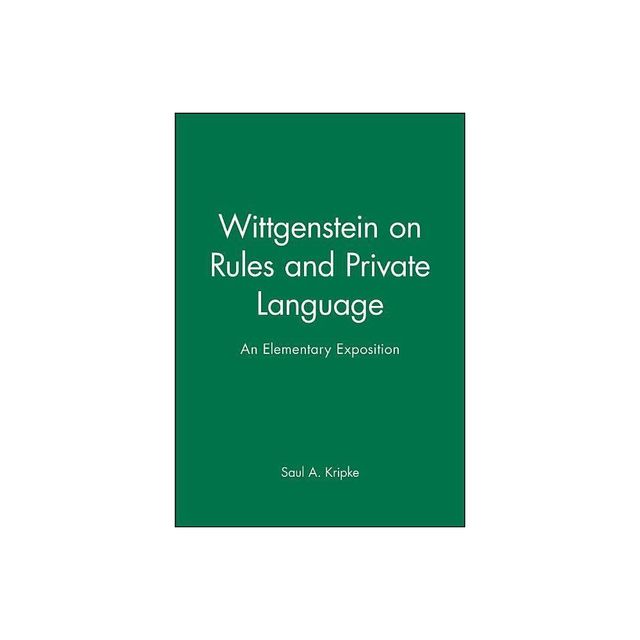Home
The Limits of Private Governance: Norms and Rules a Mediterranean Fishery
Loading Inventory...
Barnes and Noble
The Limits of Private Governance: Norms and Rules a Mediterranean Fishery
Current price: $120.00


Barnes and Noble
The Limits of Private Governance: Norms and Rules a Mediterranean Fishery
Current price: $120.00
Loading Inventory...
Size: Hardcover
*Product Information may vary - to confirm product availability, pricing, and additional information please contact Barnes and Noble
Is there a future for the law? In this book, Florian Grisel addresses one of the most fascinating questions raised by social scientists in the past few decades. Since the 1980s, socio-legal scholars have argued that governance based on social norms (or “private governance”) can offer an alternative to regulation by the law. On this account, private governance could be socially efficient and even optimal compared with other modes of governance.
The Limits of Private Governance
supplements this optimistic analysis of private governance by assessing the long-term evolution of a private order in the fishery of Marseille. In the last eight centuries, the fishers of Marseille have regulated their community without apparent means of legal support from the French state. In the early 15th century, they even created an organisation called the Prud'homie de Pêche in order to regulate their fishery.
Based on archival evidence, interviews and ethnographic data, Grisel examines the evolution of the Prud'homie de Pêche and argues that the strong social norms in which it is embedded are not only powerful tools of governance, but also forces of inertia that have constrained its regulatory action.
The lessons drawn from this book will appeal to academics, policy-makers and members of the general public who have an interest in the governance of our modern societies.
The Limits of Private Governance
supplements this optimistic analysis of private governance by assessing the long-term evolution of a private order in the fishery of Marseille. In the last eight centuries, the fishers of Marseille have regulated their community without apparent means of legal support from the French state. In the early 15th century, they even created an organisation called the Prud'homie de Pêche in order to regulate their fishery.
Based on archival evidence, interviews and ethnographic data, Grisel examines the evolution of the Prud'homie de Pêche and argues that the strong social norms in which it is embedded are not only powerful tools of governance, but also forces of inertia that have constrained its regulatory action.
The lessons drawn from this book will appeal to academics, policy-makers and members of the general public who have an interest in the governance of our modern societies.

















